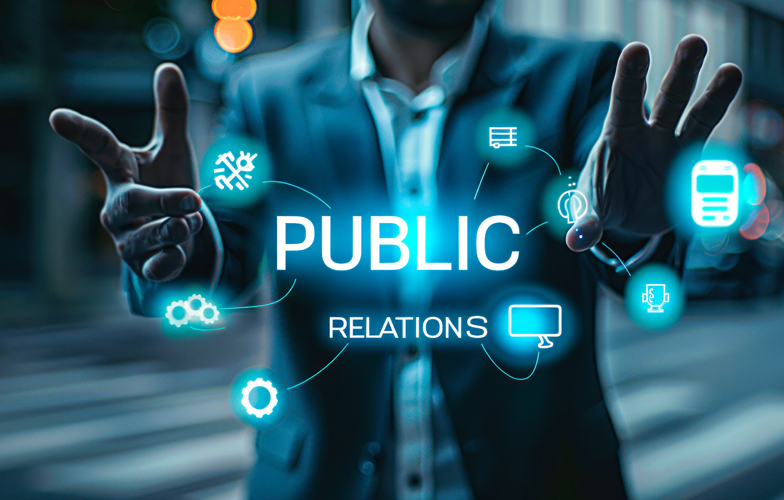Year later, ABA issues ethical guidance for working remotely
A lawyer’s ethical obligations when working remotely are outlined in a new opinion issued by the American Bar Association nearly a year after most attorneys set up shop at home in response to the COVID-19 pandemic.
On March 10, the ABA’s Standing Committee on Ethics & Professional Responsibility released Formal Opinion 498.
With an emphasis on security and the use of technology, the opinion addresses minimum requirements for discharging duties under the ABA Model Rules of Professional Conduct when an attorney works outside the traditional office setting.
“When practicing virtually, lawyers must particularly consider ethical duties regarding competence, diligence, and communication, especially when using technology,” the opinion states. “In compliance with the duty of confidentiality, lawyers must make reasonable efforts to prevent inadvertent or unauthorized disclosures of information relating to the representation and take reasonable precautions when transmitting such information.”
The opinion also suggests certain best practices in meeting ethical obligations in a virtual setting, addressing issues such as using hardware devices and software systems; accessing client files and data; and using virtual meeting platforms and videoconferencing.
For example, the opinion advises that when connecting over Wi-Fi, lawyers should ensure that the routers are secure and consider using virtual private networks. It warns that lawyers must ensure their electronic data is regularly backed up and that secure access to the backup data is “readily available” in the event of a data loss.
“In anticipation of data being lost or hacked, lawyers should have a data breach policy and a plan to communicate losses or breaches to the impacted clients,” the opinion states.
It also warns of the risks posed by listening-enabled devices commonly found in the home: “Unless the technology is assisting the lawyer’s law practice, the lawyer should disable the listening capability of devices or services such as smart speakers, virtual assistants, and other listening-enabled devices while communicating about client matters. Otherwise, the lawyer is exposing the client’s and other sensitive information to unnecessary and unauthorized third parties and increasing the risk of hacking.”
Civil litigator Brian J. Lamoureux says the opinion is a helpful ethical checklist for attorneys who continue to work from home.
“What I like is that it contains all that good, practical advice in one spot, through the lens of having lived through 12 months of the pandemic,” the Johnston attorney says. “It’s a good reminder of the traps for the unwary. Technology has a lot of pitfalls and landmines.”
But professional liability attorney Edward S. Cheng wonders why it took the ABA committee so long to address the issue given that lawyers needed answers to the questions addressed in the opinion last spring.
“It’s too late,” says Cheng, of Sherin & Lodgen in Boston. “For over a year we’ve all been practicing from home.”
Cheng points out that the Pennsylvania Bar Association last April issued an advisory opinion that covered much of the same ground addressed in the ABA opinion.
“The Pennsylvania opinion was really the groundbreaker,” Cheng says. “It was really helpful, and I distributed it to all of my clients.”
Underscoring the need for earlier guidance, Cheng says that even before COVID there had been a trend toward law firms affording attorneys greater freedom to work remotely.
“There’s no question that COVID-19 brought [working remotely] to the forefront a lot sooner than firms anticipated,” Cheng says.
Now that there’s a light at the end of the pandemic tunnel, Cheng says attorneys are asking themselves to what extent they want to maintain and perhaps even enhance their present ability to work remotely.
Lamoureux, whose practice at Pannone, Lopes, Devereaux & O’Gara includes a focus on cyber law, says he developed his own best practices for using technology as part of a virtual practice.
For example, Lamoureux says he typically makes it a point to host the Zoom meetings he participates in.
“That’s a practice I use to gain comfort and control,” Lamoureux says. “If I set up the meeting, I can maintain control over who has access and any recording. I hardly ever record [Zoom] meetings because then you run into questions like where [the recording] is stored.”
Share this story, choose a platform
Brought to you by BridgeTower Media
Free Weekly Newsletter
Recommended content
Public Relations: Why engaging a PR professional is essential for attorneys
Public Relations: Why engaging a PR professional is essential for attorneys By Ellen Keiley Before engaging a public relations professional [...]
For lawyers looking to make it rain: Discipline eats motivation for breakfast
The motivation to achieve worthwhile goals comes and goes; it’s having the discipline to start and then keep up with [...]
7 strategies to maximize your AI-powered search market share
Here are tips for “future-proofing” a prominent position for your firm by saturating the search engine results pages (SERPs) of [...]
After 35 years, now what’s next for law firms?
The authors look back at how well one of them did in 1989 when she predicted coming trends in the [...]
